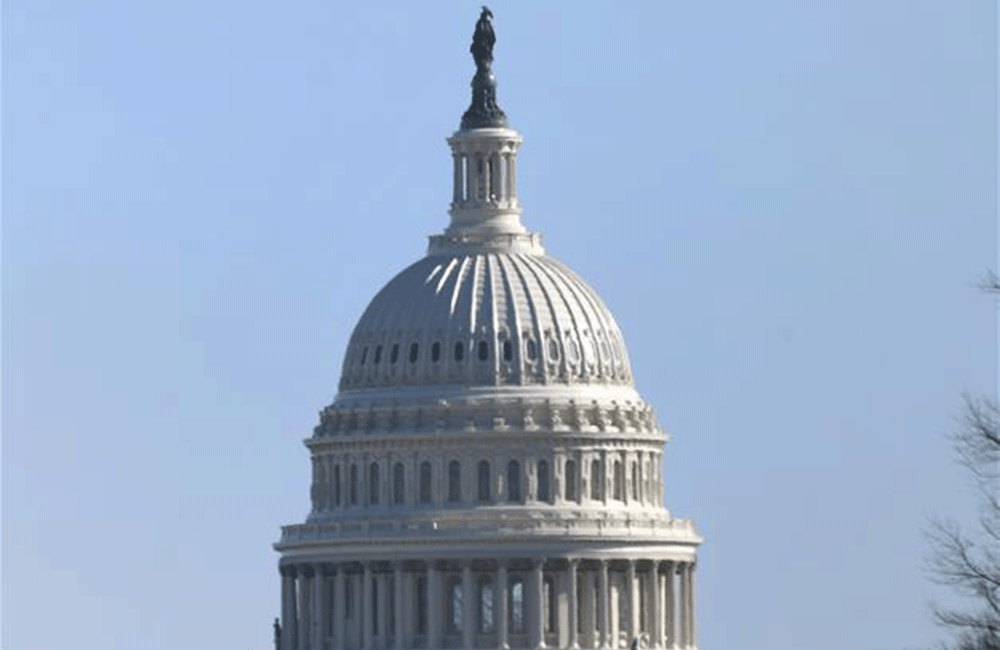The U.S. government is shutting down as from Saturday as lawmakers failed to reach a deal to fund the government against the background of fierce partisan political fights.
After the immigration reform and budget talks fell apart, the Senate on Friday failed to pass a stopgap spending bill that would fund the government through Feb. 16. The bill was already approved by the House of Representatives on Thursday.
The move forces the government to shut down as from Saturday as current spending measures expired on Friday midnight. The shutdown begins on the first anniversary of Donald Trump's inauguration as president, a political blow to the Republican president.
Outlook uncertain
The initial impact of a shutdown may be muted, because most of the federal agencies are closed on the weekend.
White House Office of Management and Budget Director (OMB) Mick Mulvaney said at a press briefing on Friday that government employees, including those dealing with public safety and national security, will keep working but without pay.
After the Senate failed to pass the four-week short-term spending bill, Senate Majority Leader Mitch McConnell proposed to vote on a three-week bill that would fund the government through Feb. 8 in order to halt the shutdown.
It is still uncertain whether the proposal could draw enough votes to help the government resume operations.
The last government shutdown occurred in 2013 when Republican lawmakers unsuccessfully tried to defund the Affordable Care Act. It lasted more than two weeks and led to more than 800,000 government employees receiving temporary unpaid leave.
Economic impact likely limited
"Partial federal government shutdowns have occurred in the past and this shutdown does not have a direct impact on the sovereign's 'AAA' /Stable rating," Fitch said in a statement on Friday.
As one of the top three world ratings agencies, Fitch said that if the the stabilization of the U.S. budget policy making and the brinkmanship continue over the federal debt limit debate in February, it could hurt the country's sovereign creditworthiness.
According to estimates by Goldman Sachs, each week of the shutdown would reduce gross domestic product (GDP) growth in the first quarter by 0.2 percentage point, while shutdowns tend to have modest effects on financial markets, as experience shows.
"With the debt limit deadline farther away, we would expect a muted initial reaction in financial markets to a shutdown," said Goldman Sachs.
Mark Zandi, chief economist of Moody's Analytics, told local media that the good news is that business and consumer confidence is much stronger today than it was during the 2013 shutdown, but he pointed out that there could be less confidence due to the shutdown.
The economist also warned that if the lawmakers and the White House continue to play brinkmanship with the debt limit, the economy would face a problem.
Source : Xinhua

Leave your comments
Login to post a comment
Post comment as a guest